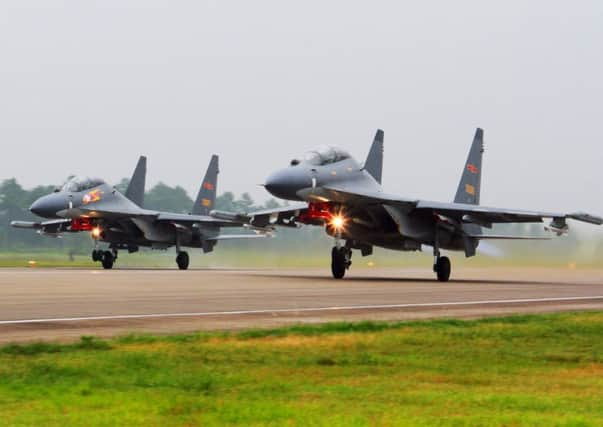Lyu Yanxia: Hague Tribunal had no jurisdiction in dispute


Unilaterally initiated by the Philippines, the so-called Arbitral Tribunal for the South China Sea announced its award in July. China immediately responded by rejecting the award. Why does China do so?
Firstly, the Tribunal abused its authority by meddling in territorial issues. The disputes between China and the Philippines are about territorial sovereignty. China has held historical rights over the islands for 2000 years without any disputes until the 1970s when the Philippines occupied China’s islands following reported discoveries of oil and gas in the area. The United Nations Convention on the Law of the Sea has no jurisdiction on territorial sovereignty according to its own rules, so that such an award is illegal and invalid.
Advertisement
Hide AdAdvertisement
Hide AdSecondly, it violated China’s legal rights. In light of international law, any country has rights to not accept dispute settlement imposed on it on issues concerning territorial issues. In 2006, China made a declaration excluding from arbitration matters concerning maritime delimitation. Over 30 countries including the UK have also made similar moves. In doing so, the award violated China’s rights.
Thirdly, it harmed international practice of peaceful settlement of disputes. China adheres to a peaceful foreign policy, seeking to settle disputes through consultations. China has signed boundary treaties with 12 of its 14 land neighbors through bilateral negotiations in a spirit of equality and mutual understanding. China and the Philippines have also reached consensus on settling their disputes in the area through negotiations. However, the Tribunal turned a blind eye to it, damaging China’s goodwill.
Fourthly, the arbitration intensified tensions in the region. Despite the disputes,the region remains peaceful with freedom of navigation never affected. The arbitration will accelerate tensions with countries outside the region using it as an excuse for further interference and muddying the waters for their own interests.
• Lyu Yanxia is spokeswoman for the Chinese Consulate General in Edinburgh